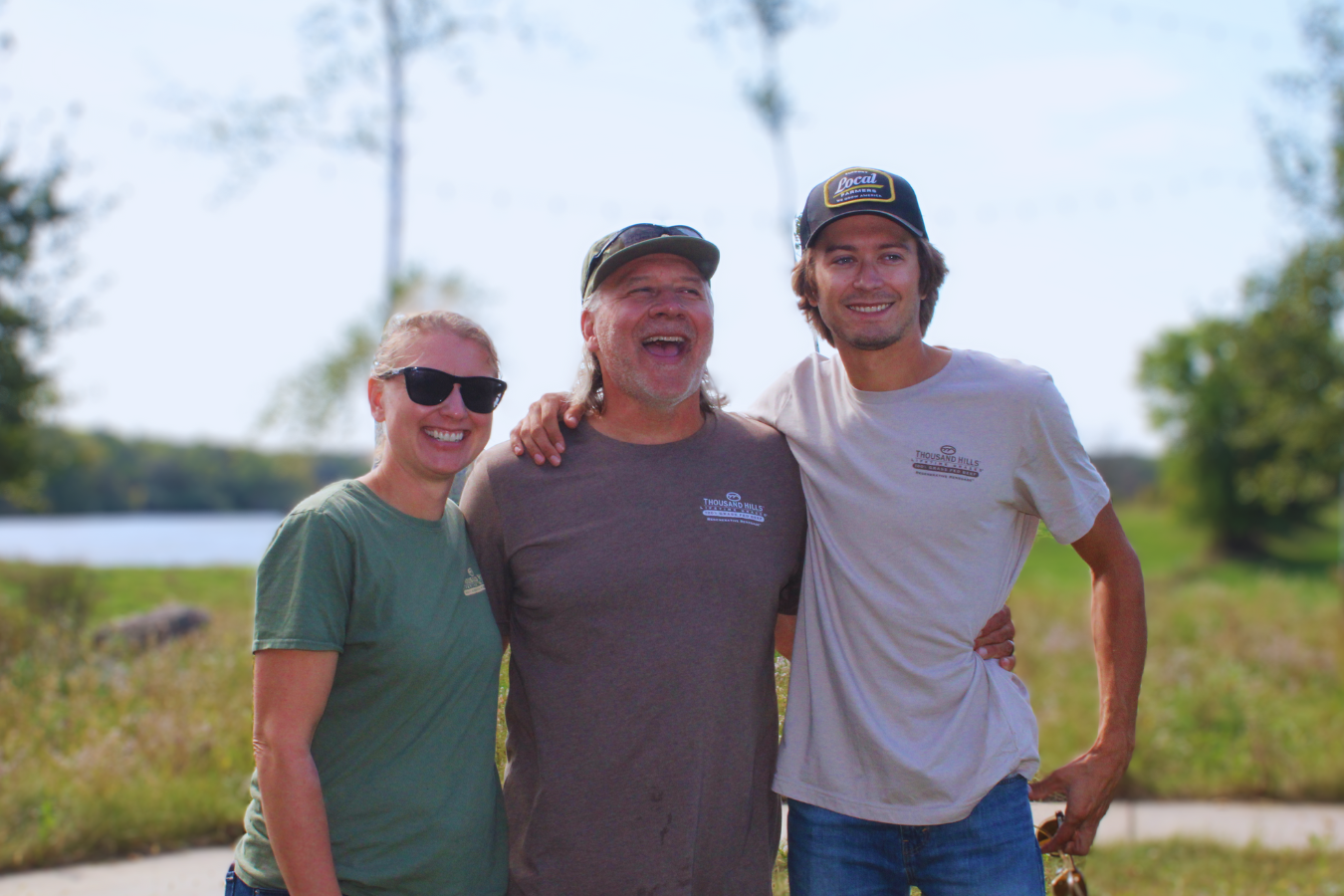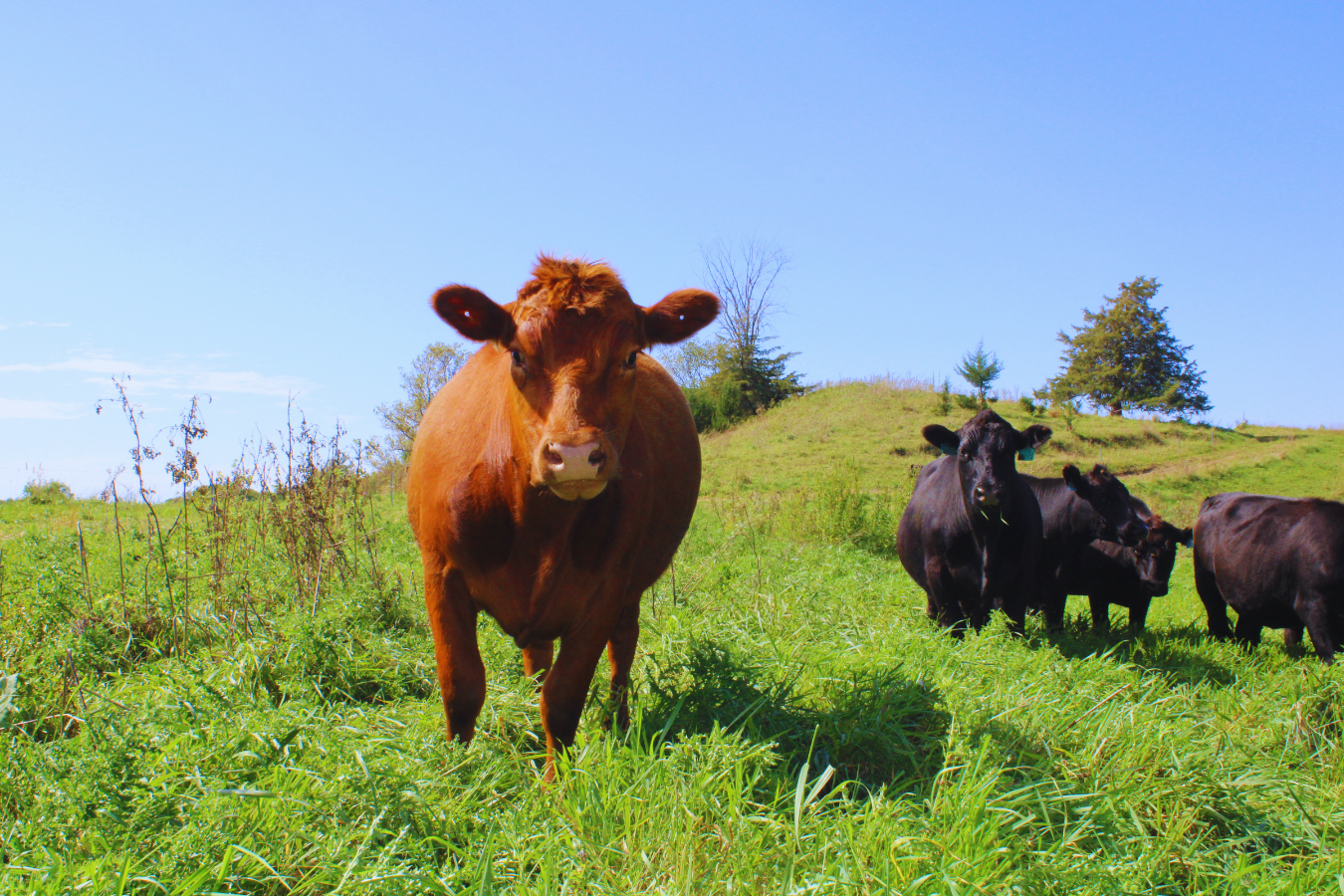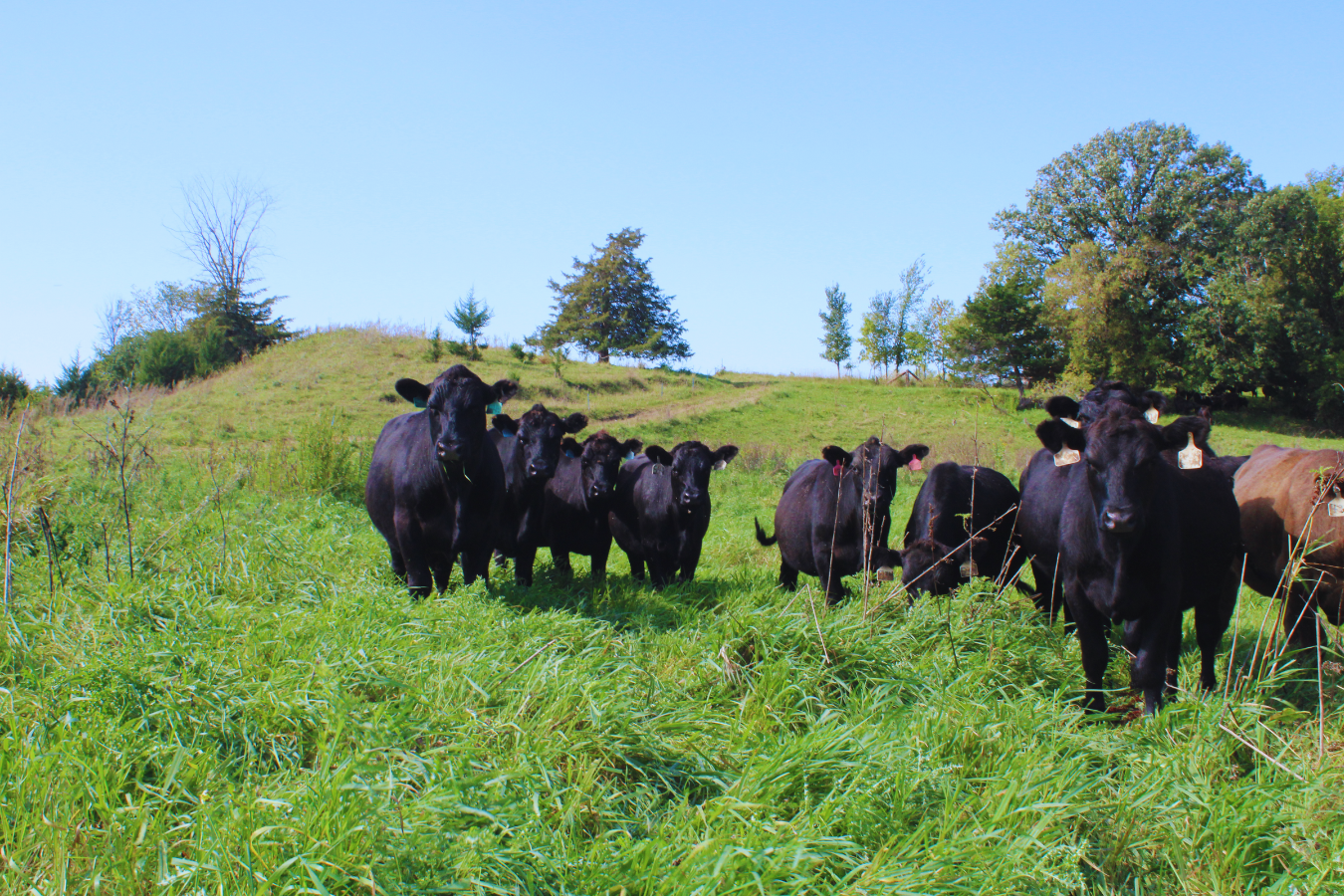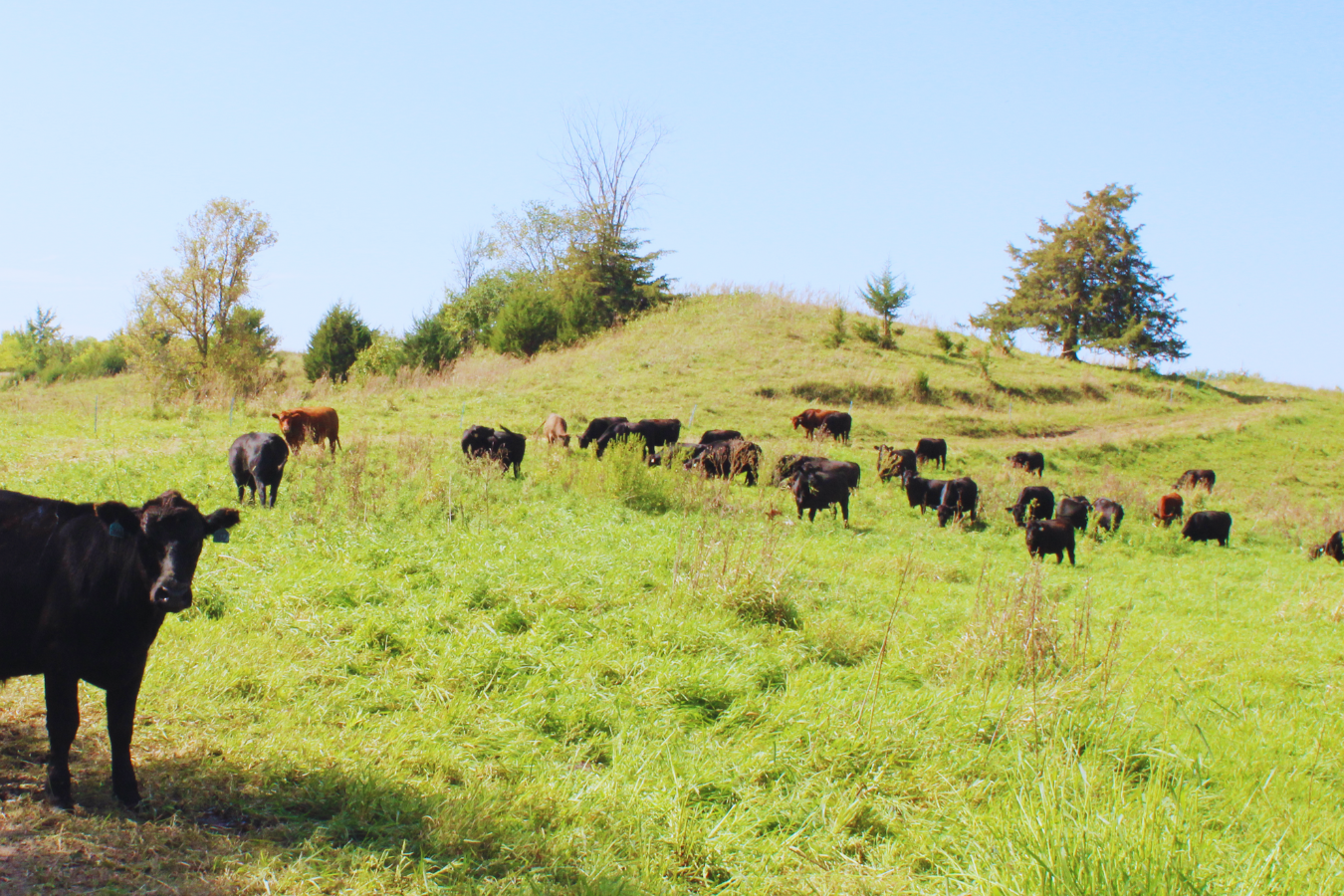
Regenerative Renegades: Cultivating Change Through Regenerative Farming
Thousand Hills has been revolutionizing food, farming, and sustainability since its founding in 2003. Their mission goes beyond providing nutrient-dense, Lifetime Grazed 100% Grass Fed Beef. At the core of their operation is regenerative agriculture—a holistic approach to farming that nourishes the land, supports biodiversity, and heals the planet. This family-run farm, operated by Matt Maier alongside his children, is setting the standard for ethical, sustainable farming practices that benefit both people and the planet.

A New Approach to Farming
Matt Maier, the owner of Thousand Hills, returned to his family farm after two decades in conventional food marketing and was struck by the environmental damage inflicted by corporate farming. Surrounding farms had been reduced to monoculture crops, chemical use was rampant, and the soil was degraded. Determined to make a change, Maier, along with his children, adopted what was, at the time, a radical strategy: regenerative agriculture.
Unlike conventional farming, which depletes the land, regenerative agriculture focuses on restoring it. Thousand Hills practices holistic land management, grazing cattle on diverse grasslands using the “rule of thirds”—graze a third, trample a third, and leave a third to encourage plant regrowth and improve soil health. These practices not only nurture the cattle but also draw carbon from the atmosphere and store it in the soil, addressing climate change and promoting soil regeneration.
Watershed Stewardship
Regenerative agriculture at Thousand Hills goes hand in hand with watershed protection. Healthy soil plays a critical role in preserving water quality and quantity, reducing chemical runoff, and improving the overall watershed system. Regenerative farms like Thousand Hills improve soil health and structure, allowing the land to retain water, reducing runoff, and preventing soil erosion. This process helps clean and restore waterways by keeping harmful chemicals out of rivers and lakes.
In contrast to conventional farming, which often contributes to water pollution and soil degradation, Thousand Hills’ practices reduce the need for synthetic fertilizers and pesticides. The healthier the soil, the less reliance on irrigation, resulting in cleaner water systems. In regions like the Mississippi River watershed, these practices help mitigate the formation of “Dead Zones” caused by agricultural runoff, restoring balance to ecosystems and supporting long-term sustainability.
From Local Impact to National Movement
Thousand Hills began by converting 120 acres of family farmland back to healthy, regenerative grasslands. Today, they collaborate with over 50 family farms across the U.S., affecting more than 600,000 acres. These farmers, known as “Regenerative Renegades,” are proving that ethical, sustainable farming can be economically viable while healing the land.
Thousand Hills’ radical approach to food production addresses some of the most pressing issues in modern agriculture—soil health, biodiversity loss, water pollution, and climate change. By focusing on regeneration instead of extraction, they’re creating a healthier ecosystem that benefits not just the land, but the cattle, farmers, and communities they work with.
A Path Forward Through Regenerative Agriculture
Regenerative agriculture is as simple as it is transformative. It lets nature’s processes work as they’re meant to, creating a system where cattle, soil, and humans all benefit. Thousand Hills is at the forefront of this movement, working to reverse climate change by promoting carbon farming, which captures and stores carbon in the soil. These methods go beyond sustainable farming—they are actively improving the environment.
Thousand Hills is demonstrating how food can be produced in a way that enhances both the land and the health of those who eat it. By choosing regenerative farming methods, they are showing that agriculture can play a vital role in solving the global challenges we face, from climate change to food security.
Join the Regenerative Renegades
The work being done at Thousand Hills is proof that radical change is possible in the food industry. Their regenerative agriculture practices offer a hopeful vision for the future—one where food production regenerates the land, supports local economies, and nurtures the health of people and the planet.
Thousand Hills is leading the way, and their regenerative practices are reshaping the future of food, proving that we can grow what we need while healing the earth.
Visit our Facebook and Instagram pages to see owner and founder Matt Maier during our visit to Thousand Hills Farm.



